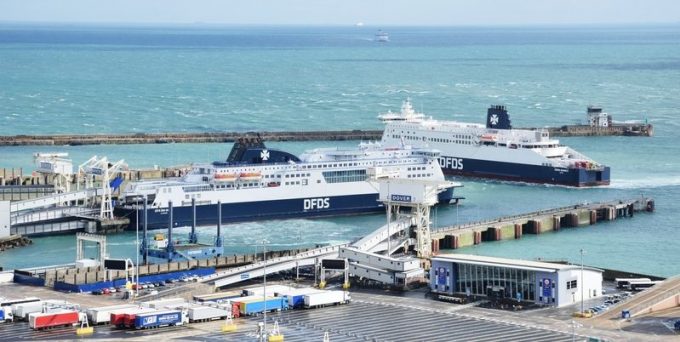Yang Ming reports massive rise in profit, and orders more ships
Taiwanese carrier Yang Ming today reported revenue of $6.94bn last year, representing a 54% increase ...

Despite the dramatic decline in passenger numbers last year, a fourth-quarter surge in freight volumes helped mitigate the decline in Danish ferry operator DFDS’s profitability.
“Passenger results were wiped out by the pandemic,” chief executive Torben Carlson said, referring to a 93% year-on-year decline in numbers, “but we also saw how resilient our freight business is.”
Fourth-quarter freight volumes on its North Sea routes were up 16%, and 17% on cross-Channel services, attributed to pre-Brexit stockpiling, while Baltic and Mediterranean routes both saw 7% growth.
“We are glad to have Brexit finally behind ...
Transpacific sees first major MSC blanks as rates fall and volumes falter
'It’s healthy competition' Maersk tells forwarders bidding for same business
Opposition builds for final hearing on US plan to tax Chinese box ship calls
White House confirms automotive tariffs – 'a disaster for the industry'
New price hikes may slow ocean spot rate slide – but for how long?
Supply chain delays expected after earthquake hits Myanmar
Shippers snap up airfreight capacity to US ahead of tariff deadline
Good start for Gemini, liner schedule reliability data reveals

Comment on this article